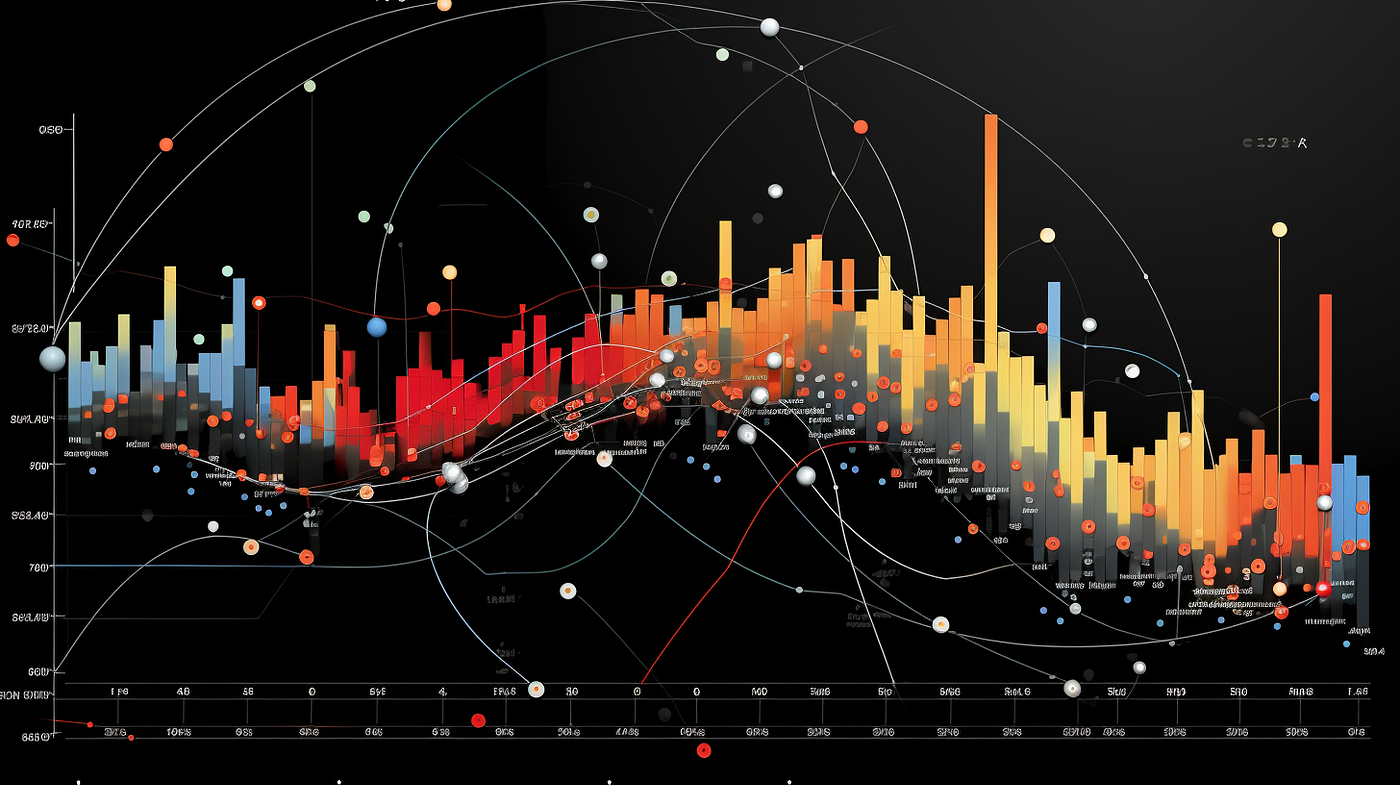In today’s data-driven world, information is the new currency. Businesses, organizations, and individuals are increasingly relying on data analytics to gain insights, make informed decisions, and drive innovation. Data analytics is the process of collecting, cleaning, transforming, and analyzing data to extract meaningful patterns and uncover hidden insights. It is a powerful tool that can be used to solve complex problems, optimize processes, and improve decision-making.
The Essence of Data Analytics
- Data analytics encompasses a wide range of techniques and tools, including:
- Data collection: Gathering data from various sources, such as databases, sensors, and social media.
- Data cleaning: Preprocessing data to remove errors, inconsistencies, and missing values.
- Data transformation: Converting data into a format suitable for analysis.
- Data exploration: Summarizing and visualizing data to identify patterns and trends.
- Statistical modeling: Building models to predict future outcomes or explain relationships between variables.
Transforming Industries with Data Analytics
Data analytics is transforming industries across the board, enabling organizations to make better decisions, optimize resources, and improve customer experiences. In healthcare, data analytics is being used to identify risk factors for diseases, personalize treatment plans, and predict patient outcomes. In finance, data analytics is used to detect fraud, assess creditworthiness, and manage risk. In retail, data analytics is used to optimize pricing, personalize recommendations, and improve supply chain efficiency.
Empowering Individuals with Data Literacy
Data analytics is not just for data scientists and experts; it is a skill that is becoming increasingly important for everyone. Data literacy is the ability to understand, interpret, and use data to make informed decisions. As individuals become more data literate, they are empowered to make better choices in their personal and professional lives.
Challenges and Ethical Considerations
Data analytics is not without its challenges. One of the biggest challenges is ensuring that data is accurate, complete, and unbiased. Data bias can occur when data is not representative of the population being analyzed, leading to inaccurate or misleading results. Another challenge is protecting data privacy and security. As organizations collect more data, it is crucial to ensure that it is protected from unauthorized access and misuse.
The Future of Data Analytics
The future of data analytics is bright, as advancements in artificial intelligence, machine learning, and cloud computing continue to fuel its evolution. We can expect to see data analytics becoming more automated, integrated, and accessible, making it easier for everyone to extract insights from data.
Data analytics is a powerful tool that can be used to solve complex problems, optimize processes, and improve decision-making. As we embrace the power of data analytics, it is essential to do so with a sense of responsibility, ensuring that this powerful technology is used for the benefit of all.

